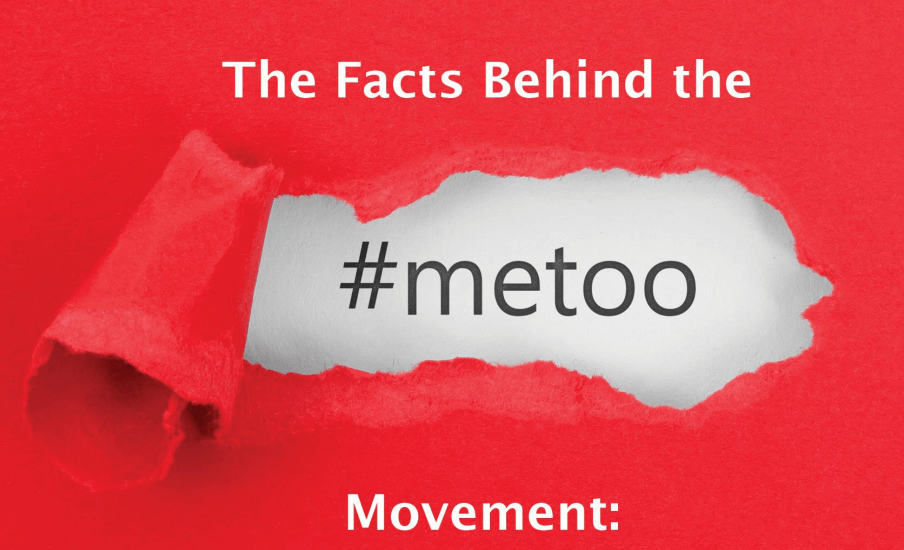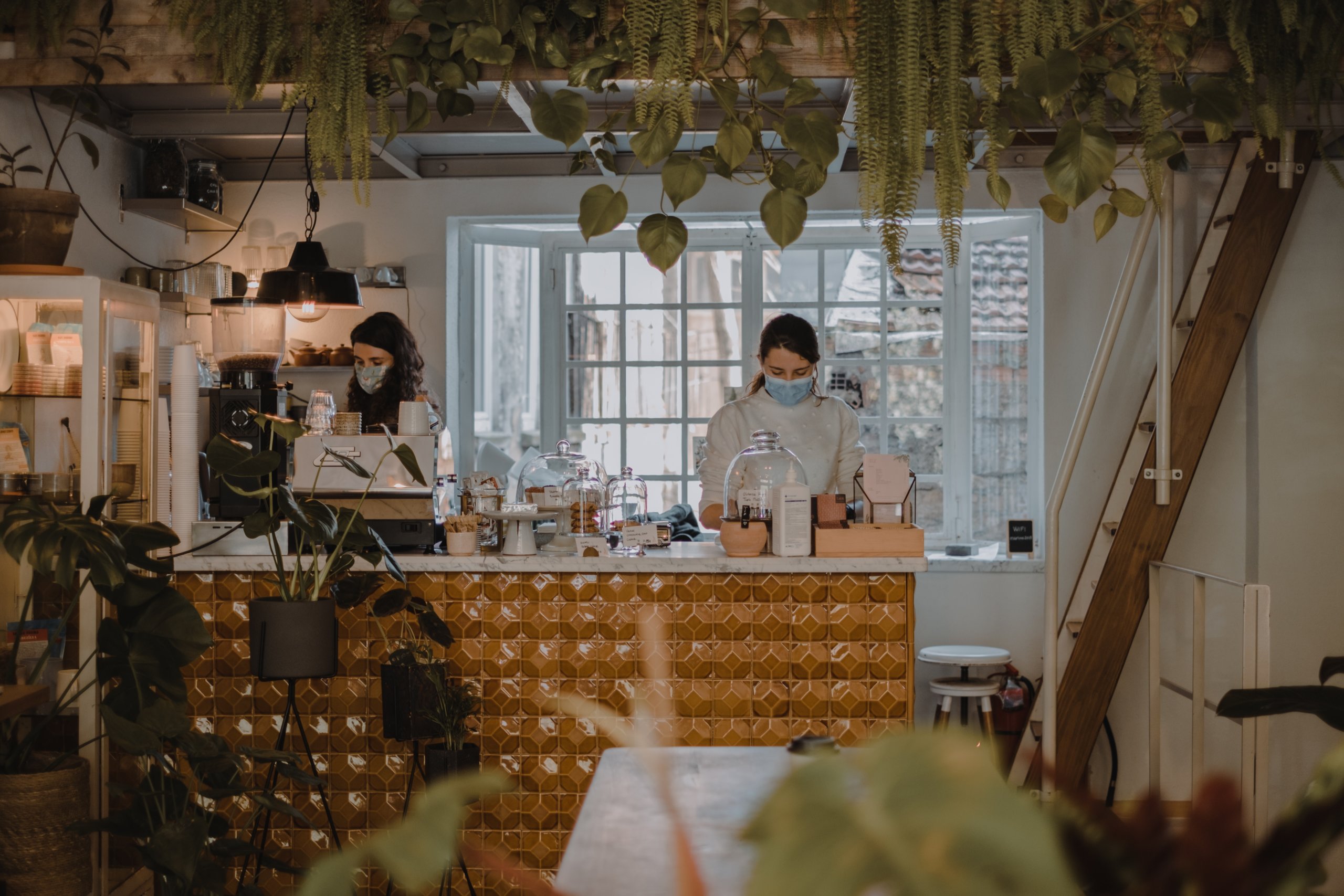Women in the healthcare industry: An update
Although healthcare continues to outpace other industries in the representation, hiring, and advancement of women, the latest data show there is still plenty of room for improvement.
Women in the Workplace 2020
The events of 2020 have turned workplaces upside down. Under the highly challenging circumstances of the Covid-19 crisis, many employees are struggling to do their jobs. Many feel like they’re “always on” now that the boundaries between work and home have blurred. They’re worried about their family’s health and finances. Burnout is a real issue
Sexual harassment of LGBT people in the workplace: A TUC report
#MeToo has been effective in focusing the eyes of the world on the problem of sexual harassment at work. But the voices of LGBT people haven’t been heard clearly enough in discussions around this issue. We wanted to change this and foreground LGBT people’s voices and experiences in the ongoing debate and search for solutions. We therefore conducted the first survey of its kind on this issue.
The Facts Behind #metoo: A National Study on Sexual Harassment and Assault
Stop Street Harassment (SSH) commissioned this study. SSH is a volunteer-run nonprofit organization
dedicated to documenting and ending gender-based street harassment worldwide through public
education and community mobilization. Our work includes the annual International Anti-Street
Harassment Week, the National Street Harassment Hotline, a blog correspondents program, and website
resources. Visit: www.stopstreetharassment.org.
Frequently Asked Questions About Small Business 2020
FAs about small businesses and COVID-19’s effects in 2020.
COVID-19’s effect on minority-owned small businesses in the United States
Whether by necessity or ingenuity, minority owned small businesses may be giving us an early sign of how US businesses will adapt in the wake of COVID-19.
Number of Women-Owned Employer Firms Increased 0.6% From 2017 to 2018
Number of Women-Owned Employer Firms Increased 0.6% From 2017 to 2018










